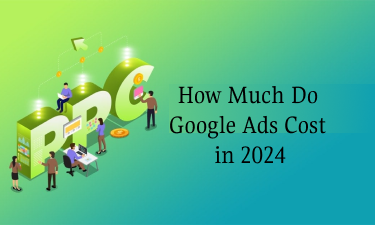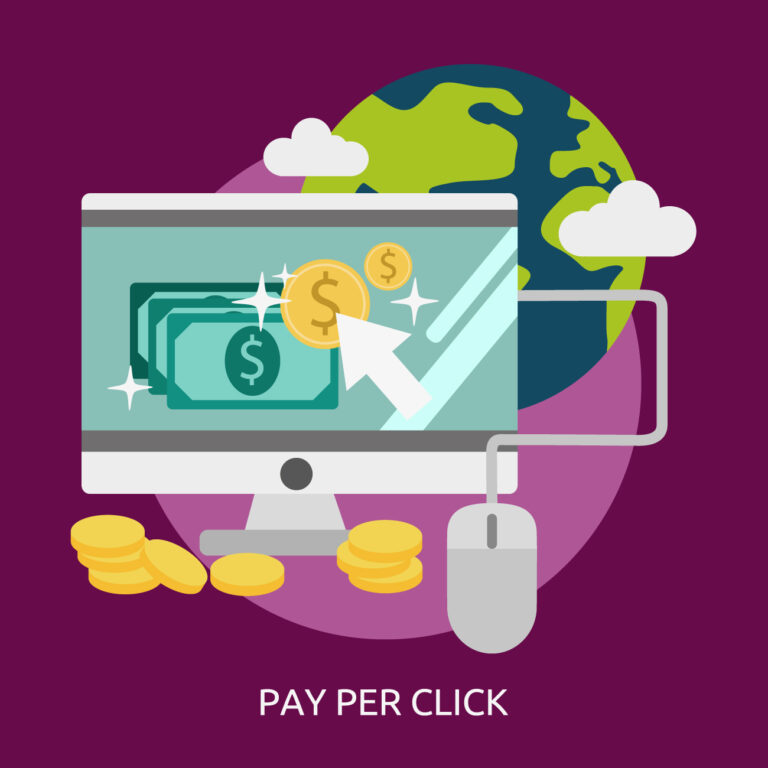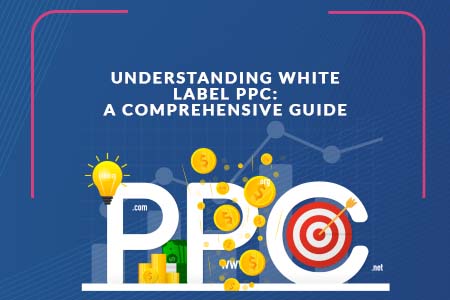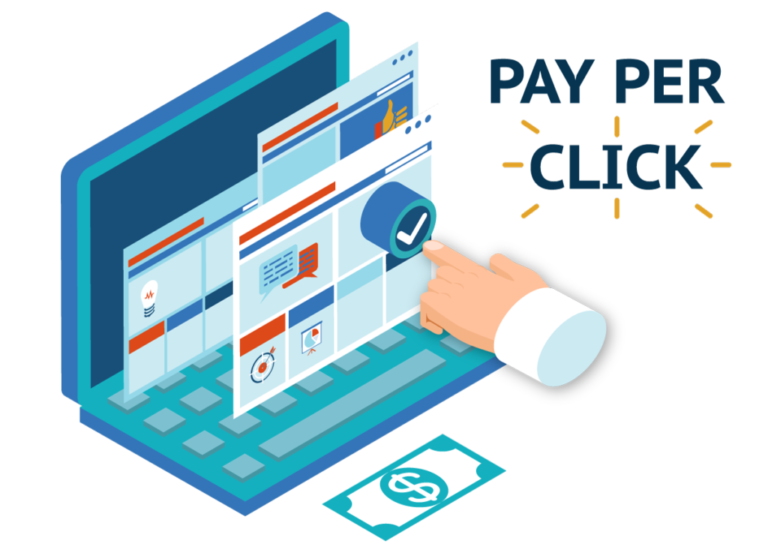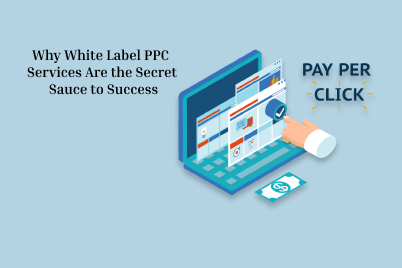Understanding How Much Do Google Ads Cost in 2024?
Google AdWords has become a versatile tool in the ever-changing world of online advertising for companies trying to boost their online presence and attract relevant traffic to their websites. The advertiser frequently asks one question “How much do Google Ads cost?”. In this blog we discuss some important points related to Google Ads costs, budget optimization techniques, and information to maximize your ads performance through which you can get more conversions. We have covered all these points in this blog.
Understanding Google Ads Costs
In Google Ads Pay per click (PPC) model means that advertisers are charged only when users click on their ads. Understanding various factors that can impact Google AdWords’ cost estimation is crucial for effectively planning and managing your advertising budget.
There are many factors given below through which we can understand How much do Google Ads cost.
The core of Google Ads revolves around keywords. The cost of a particular keyword is determined through a bidding system, where advertisers compete for ad placements in search engine results. The more competitive a keyword, the higher the cost per click (CPC) is likely to be. Advertisers must strategically choose their keywords and set competitive bids to achieve a balance between visibility and cost-effectiveness.
Keywords and Bidding Strategy
The core of Google Ads revolves around keywords. The cost of a particular keyword is determined through a bidding system, where advertisers compete for ad placements in search engine results. The more competitive a keyword, the higher the cost per click (CPC) is likely to be. Advertisers must strategically choose their keywords and set competitive bids to achieve a balance between visibility and cost-effectiveness.
Quality Score
Quality Score depends on three factors accepted click-through rate, ads relevancy, and landing page relevancy by these three factors we can get a better ad position at a lower cost. The Quality Score is a metric that evaluates user experience, the quality of your landing page, the content of your ad, and the relevance of your keywords. Improving your Quality Score can positively impact your ad rankings and reduce your overall advertising costs
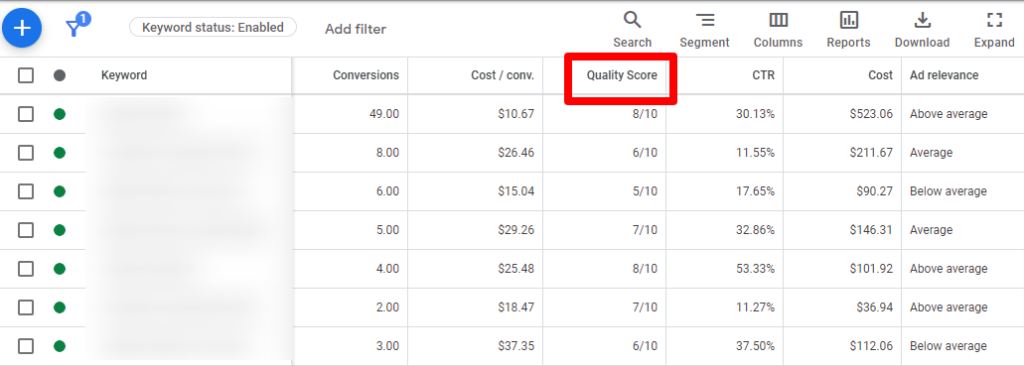
Ad Position and Click-Through Rate (CTR)
The position of your ad on the search results page also affects costs. CPCs for advertisements at the top are typically higher than those at the bottom. You can lower your cost per click (CPC) by improving your ad position and achieving a high click-through rate (CTR). Crafting compelling ad copy and using relevant ad extensions can contribute to higher CTRs.
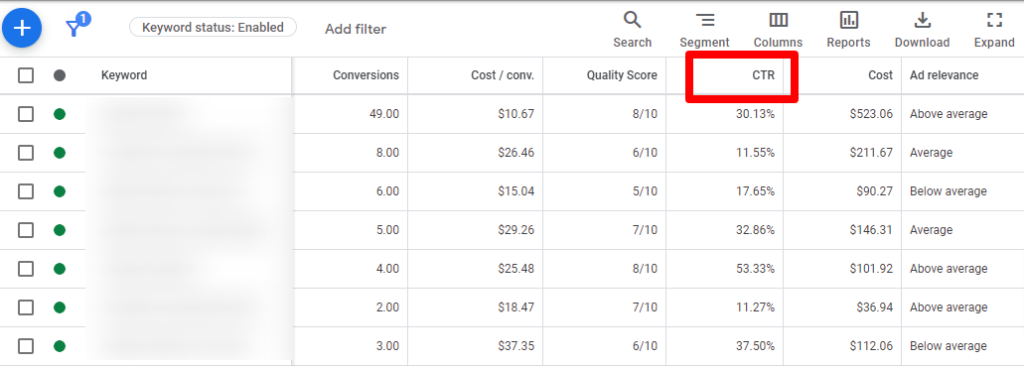
Industry and Competition
The industry you operate in and the level of competition for your target audience can significantly impact Google Ads costs. Highly competitive industries generally have higher CPCs, as advertisers bid more aggressively to secure top positions. It’s crucial to research and understand the competitive landscape within your industry to set realistic budget expectations.
Geographic Targeting
The geographic locations you target with your ads can influence costs. Advertising in densely populated and competitive regions may result in higher CPC while targeting less competitive areas can offer cost savings. Strategic geographic targeting allows you to tailor your budget based on the specific markets you aim to reach.

Device and Ad Format
The type of device and ad format you choose can impact costs. Mobile ads, for instance, may have different cost dynamics than desktop ads. Additionally, the choice between text ads, display ads, or video ads can influence your budget. Advertisers should analyze performance metrics across different devices and formats to optimize their campaigns.

Strategies to Optimize Google Ads Costs
Now that we’ve explored the factors influencing Google Ads costs, let’s discuss effective strategies to optimize your advertising budget and maximize ROI.
Keyword Research and Selection
Relevant keyword research is the base of a Google Ads campaign. Select those keywords that are relevant to your business or services. Long-tail keywords can be less competitive and more cost-effective, allowing you to reach a highly targeted audience.
Refine Ad Copy and Landing Pages
Highly relevant ad copy aligns with your target keywords and resonates with your audience. Ensure that your landing pages provide a seamless and relevant experience. A high-quality Score not only improves ad performance but also helps reduce CPC.
Continuous Monitoring and Optimization
Regularly review the performance of your Google Ads campaign and make changes based on data you have gotten from the campaign. Test different ad variations, adjust bids based on performance, and eliminate underperforming keywords. This ongoing optimization process is essential for maintaining cost-effectiveness.
Utilize Ad Extensions
Take advantage of ad extensions to provide additional information and encourage user engagement. Utilizing site links, callouts, and structured snippet extensions has the potential to boost the visibility and attractiveness of your advertisements.
Set Realistic Budgets and Bidding Limits
Establish realistic daily and monthly budgets based on your advertising goals. Consider setting bidding limits to control costs and prevent unexpected spikes in spending. Regularly review and adjust your budget to align with your overall marketing strategy.
Experiment with Ad Scheduling
Analyze how well your advertisements work at various times of the day and on different days of the week. When your target audience is most active, shift the times you run your ads. This allows you to allocate your budget more efficiently and maximize exposure during peak times.

Key Insights for Successful Google Ads Campaigns
In addition to understanding the cost dynamics and implementing optimization strategies, consider these key insights to enhance the effectiveness of your Google Ads campaigns.
Focus on User Intent
Align your keywords and ad copy with the intent of users. Understanding user intent helps you create more relevant and targeted ads, improving both ad performance and user satisfaction.
Conversion Tracking
Through conversion tracking, we can track what actions users take after clicking on your ads. This data provides valuable insights into the effectiveness of your campaigns and allows you to refine your strategy based on actual results.

Stay Informed about Industry Trends
Keep abreast of industry trends, algorithm updates, and changes in user behavior. Adapting to the evolving landscape ensures that your Google Ads campaigns remain effective and competitive.
Invest in Remarketing
Implementing remarketing campaigns can be a cost-effective way to re-engage users who have previously visited your website. Tailor your ads to this audience to encourage them to return and complete desired actions.

Conclusion
In conclusion, understanding how much do Google Ads costs involves considering a multitude of factors, from keywords and bidding strategies to quality scores and industry competition. By adopting a strategic approach to campaign management, continually optimizing performance, and staying informed about industry trends, advertisers can navigate the complexities of Google Ads and achieve a favorable balance between investment and returns.
Remember that smart spending, not just quantity, is the key to a successful Google AdWords campaign. You should constantly analyze the data from your campaigns, tweak your tactics, and adapt to the changing digital environment to ensure that your advertising is giving your business the best returns

